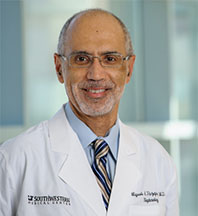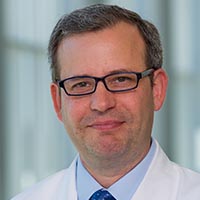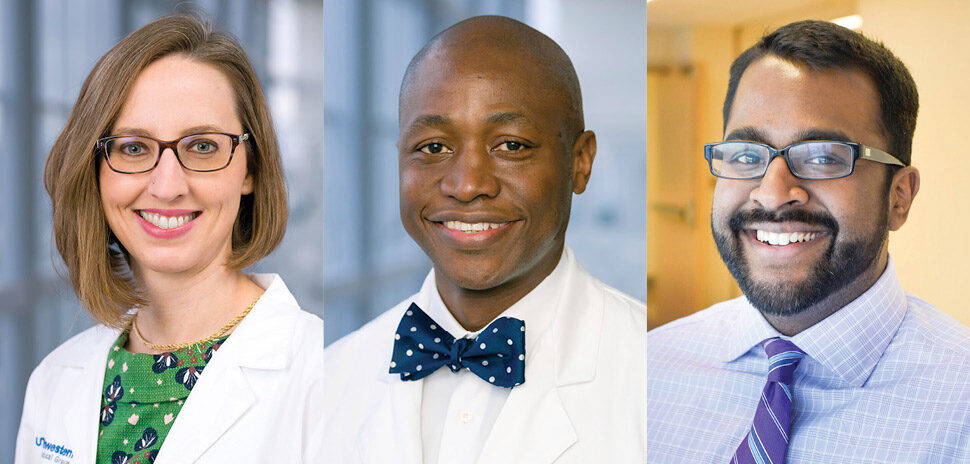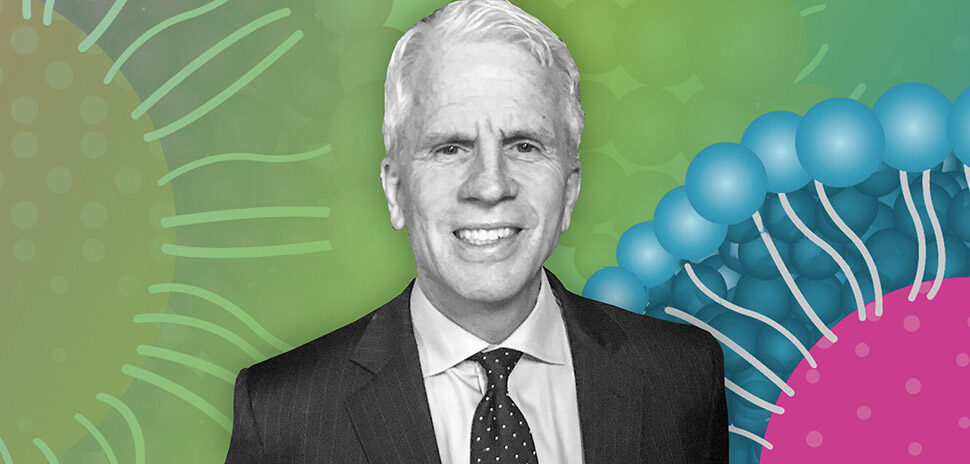![]() Every week, we do a little research of our own. We’re looking for scientists, professors, engineers, entrepreneurs—anybody, really—engaging in research and development across North Texas.
Every week, we do a little research of our own. We’re looking for scientists, professors, engineers, entrepreneurs—anybody, really—engaging in research and development across North Texas.
There’s plenty of good work being done. If you want to put R&D under your microscope, sign up for our e-newsletter.
UTA works with Lockheed on UVA sensor research
Two researchers at the University of Texas at Arlington are teaming with aerospace giant Lockheed Martin Corp. to maximize how unmanned vehicles use sensors to collect information.

Yan Wan

Frank Lewis
Frank Lewis, the Moncrief-O’Donnell Chair and professor of electrical engineering, and Yan Wan, an associate professor of electrical engineering, are working with Lockheed to figure out how to utilize sensors on vehicles that are in the air, on the ground, or underwater to measure and predict a target’s activities.
How will they do that? Moving targets and environmental factors including water, air clarity, or visibility can interfere with signals from a sensor. The team uses a Kalman filter—an algorithm that can combine information to predict what a system will do next—to collect information from multiple sensors, fuse it together, and then estimate a target’s location, velocity, and physical properties, among other things.
Using the algorithm, UVA operators can adapt to changing missions and environmental conditions in order to increase the effective field of view, improve sensor coverage, and create more accurate target estimation, according to the university. The researchers have a $50,000 contract with Lockheed to make sure the algorithm will work with the company’s software.
Parkland-affiliated nonprofit contributes to kidney disease initiative
In July, the U.S. Department of Health and Human Services announced the Advancing American Kidney Health Initiative aimed at improving the lives of the 37 million patients who deal with chronic kidney disease and more than 726,000 people with end-stage renal disease.

Miquel Vasquez, M.D.
Parkland Center for Clinical Innovation (PCCI), an independent, not-for-profit, healthcare intelligence organization affiliated with Parkland Health & Hospital System, is providing its data science capabilities to support elements of the initiative. PCCI focuses on improving healthcare for vulnerable populations via advanced data science and clinical experts.
PCCI’s contribution is in the form of a grant to the University of Texas Southwestern Medical Center’s Miquel Vasquez, M.D., according to a statement. The center will use its expertise with advanced data science applied to electronic health records to assist in at-risk patient identification and develop predictive modeling. The program’s intention is to prevent and stop kidney disease, keep patients out of hospitals, and help find other ways to define and control kidney disease.
“This program, under Dr. Vasquez, the grant principle, is critical to millions of Americans who are suffering from kidney disease,” said Steve Miff, PCCI President and CEO, said in a statement.
UTSW team lays groundwork for colorectal cancer prevention, treatments
Precision editing of bacterial populations in the gut has been shown to reduce inflammation-related colorectal cancer in mice, according to new work done by researchers at UT Southwestern Medical Center.

Dr. Ezra Burstein
This research lays the groundwork for new cancer prevention approaches for people with chronic intestinal inflammation, according to a statement. The team’s study was published by the Journal of Experimental Medicine.
Roughly 1.6 million people in the U.S. are affected by inflammatory bowel disease (IBD), with patients almost equally divided between those with ulcerative colitis and Crohn’s disease. People with IBD are at a higher risk of developing colon cancer.
Colorectal cancer is listed by the World Health Organization as the third most common cancer worldwide and the second-highest cause of malignancy-associated death.
“The most significant finding in this study is that manipulating the intestinal microbiome is sufficient to affect the development of tumors. One could envision a time in which medications that change the behavior and composition of the bacteria that live in the gut will be part of the treatment for IBD,” co-corresponding author Dr. Ezra Burstein, professor of Internal Medicine and Molecular Biology and Chief of UT Southwestern’s Division of Digestive and Liver Diseases, said in a statement.
READ NEXT
Discovery: UTD Works to Make Nanomedicines Safer; UTSW’s Breakthrough in Cancer Research
![]()
Get on the list.
Dallas Innovates, every day.
Sign up to keep your eye on what’s new and next in Dallas-Fort Worth, every day.





























